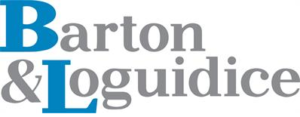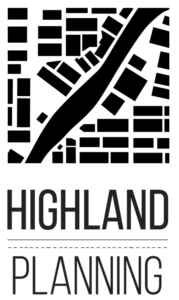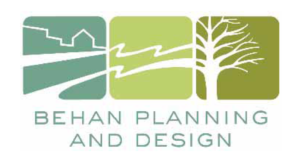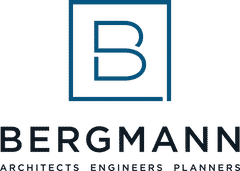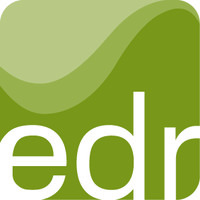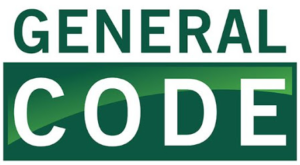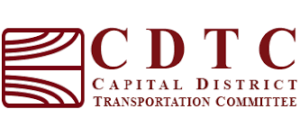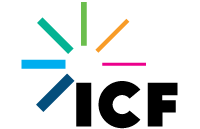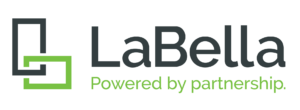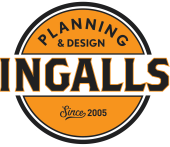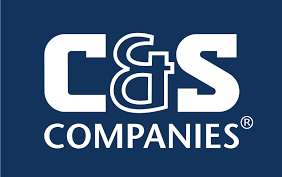#APANY2020Virtual
2020 Virtual Conference
Webinar Series
Due to circumstances surrounding COVID-19, the New York Upstate Chapter‘s annual APA Conference has been converted to a virtual experience. This year, the Chapter is presenting an educational Webinar Series: Planning from the Crossroads, a theme that holds true now more than ever.
Featuring keynote speaker,
Daniel Lim
Be sure to register for October sessions: “Understanding Systemic Racism in the Planning Field” and “How to be an Anti-Racism Planner” to hear Daniel Lim’s keynote delivery on defining systemic racism and advancing racial justice.
- The Webinar Series will be held September 16 through November 19.
- Schedule is provided below.
- Days and times of the week will vary.
- All presentations are AICP Certification Maintenance (CM) credit approved.
- Sessions will be recorded. Emails will be sent to attendees when they become available.
$50 Members – $75 Non-Members
$20 Students
Only one registration is needed to access all Webinar presentations.
Registration will remain open until November 18.
Webinar Schedule
16
September
2020
Creative Reuse in the Capital Region: Lessons from Practitioners
12:00 pm
1.0 CM
Learn more about your speakers: Julian Adams, Eric Unkauf, Jeff Mirel, Michael Puma, William Teator, Stacy Kaplowitz
17
September
2020
Ducks, Dandelions, and Dutch Ovens: Addressing Food Insecurity through Experiential Learning Practices
10:00 am
1.0 CM
23
September
2020
Student Presentations from University at Albany
12:00 pm
Department of Planning and Geography
The University at Albany’s Studio class in the Masters of Regional Planning Program was working on a trails plan for the Town of Guilderland (Albany County) when the pandemic started, and the University went remote. The students were faced with completing a project that was dependent on public engagement from Guilderland and its residents. This presentation will include the final trails plan, as presented to the Town, and include tools, techniques and other creative ways, in which a thoughtful trails plan was created during such an unusual time.
Harriet Tubman – Creating a National Park for this Hero of the Underground Railroad
3:00 pm
2.5 CM
The New Age of Resilience
12:00 pm
1.5 CM
Learn more about your speakers: Andy Raus, Jayme B. Thomann, Kelly Jahn, Evan DeCostis
Improving Equity and Access to Healthy Infrastructure: The Empire State Trail Health Impact Assessment
6:00 pm
1.5 CM
Learn more about your speakers: Ben Woelk, Andrew Beers, Kecia McCullough, Kyle Hatch
User-Centered Zoning Codes
12:00 pm
1.0 CM
Preparing for e-Bikes and e-Scooters: What planners need to know about regulations, infrastructure and accessibility
3:00 pm
2.0 CM
Learn more about your speakers: Jennifer Ceponis, Les Brown, Neil Milcarek-Burke, Mitch LaRosa, Dr. Lisa Kenny
Investing in Social Cohesion to Create More Resilient Communities
12:00 pm
1.5 CM
When Small Projects Lead to Big Impact
3:00 pm
1.0 CM
Learn more about your speakers: Amanda Bearcroft, Emma Phillips, Daniel Riker, Eve Holberg

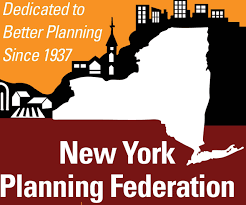
Session Sponsors
Understanding Systemic Racism in the Planning Field
12:00 pm
1.0 CM
How to be an Anti-Racism Planner
10:00 am
1.5 Ethics CM
We apologize for the inconvenience.
The Zoom link for this event has changed! Don’t forget to Re-Register.
Keynote delivery: This training will provide participants with in-depth look into the ecosystem of interconnected racial justice actions and equip them with tangible strategies for leveraging their inter-sectional positions of privilege to advance racial justice in their planning work.
Planning While Black: A Young Professional’s Panel
12:00 pm
1.0 CM
Student Presentations from Cornell University
3:00 pm
Department of City and Regional Planning
Supporting Diverse Communities, Tracking Diverse Issues
Through workshop courses, Cornell University planning students apply their knowledge of working in interdisciplinary teams, addressing an array of planning issues in diverse communities.
Over the past year, Cornell students have worked on promoting age friendly community planning in Tompkins County; developing downtown and riverfront revitalization plans as part of a collaborative effort between the Seneca Nation of Indians and City of Salamanca; and assisting the MidTown Cleveland, OH neighborhood in envisioning near and long-term improvements to public spaces, vacant parcels and abandoned industrial buildings. Workshop students will present their projects and reflect on their experiences in working with client communities.
A Data-Forward Approach to Hazard Mitigation Planning
12:00 pm
1.0 CM
Learn more about your speakers: Catherine Lawson, Adam Tobey, Erika Corsi, Eric Krans
Optimizing Online Public Engagement to Support Your Planning
3:00 pm
1.0 CM
Planning for Connectivity in a Post-COVID-19 World
10:00 am
1.5 CM
17
November
2020
Student Presentations from University at Buffalo
10:00 am
Planning for Diverse Community Food Systems within Karakulam Panchayat, Kerala, India
As part of a Spring 2020 graduate practicum taught by Dr. Samina Raja, and completed in partnership with local and international partners, Master’s of Urban Planning students at the University at Buffalo have completed a community food assessment for Karakulam Panchayat, a local government in Kerala, India.
The presentation will highlight strengths of Karakulam’s community food system and its potential to serve as a lever for community economic development. Students will also present preliminary recommendations for the local government and their partners that, if enacted, can help create a more sustainable and equitable food system.
18
November
2020
Law Session: Some Complex Issues in Planning and Zoning Decision-Making
12:00 pm
1.5 Law CM
Planners can run into complicated zoning issues that are sometimes difficult to resolve. This presentation will discuss a number of such issues including application review sequence, recusal situations, “Ex parte” communications, SEQRA review wrinkles, zoning protest petitions and possibly others within the context of case law.

